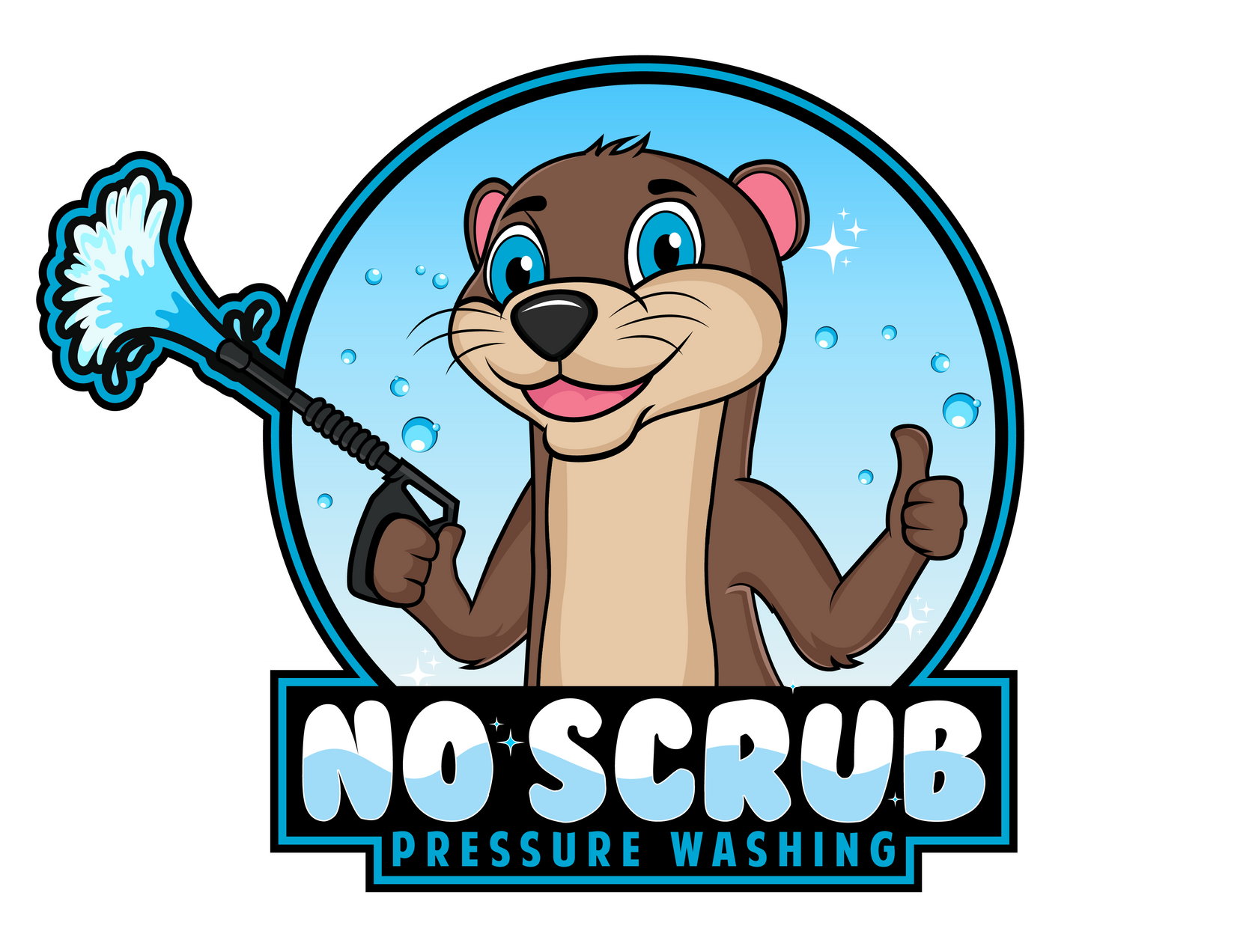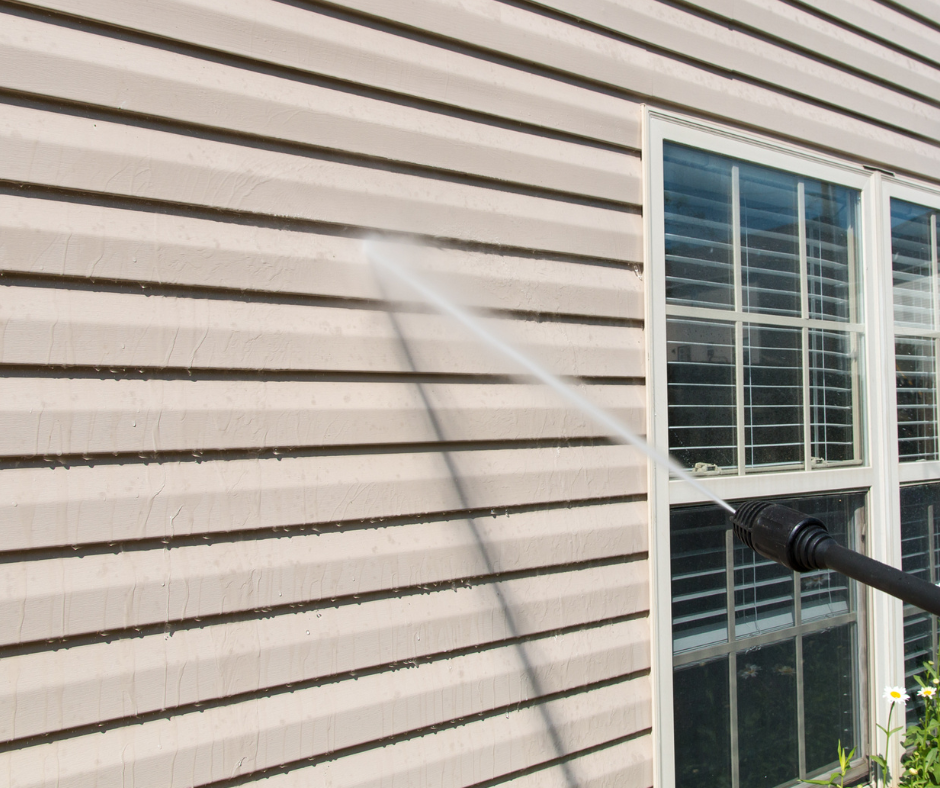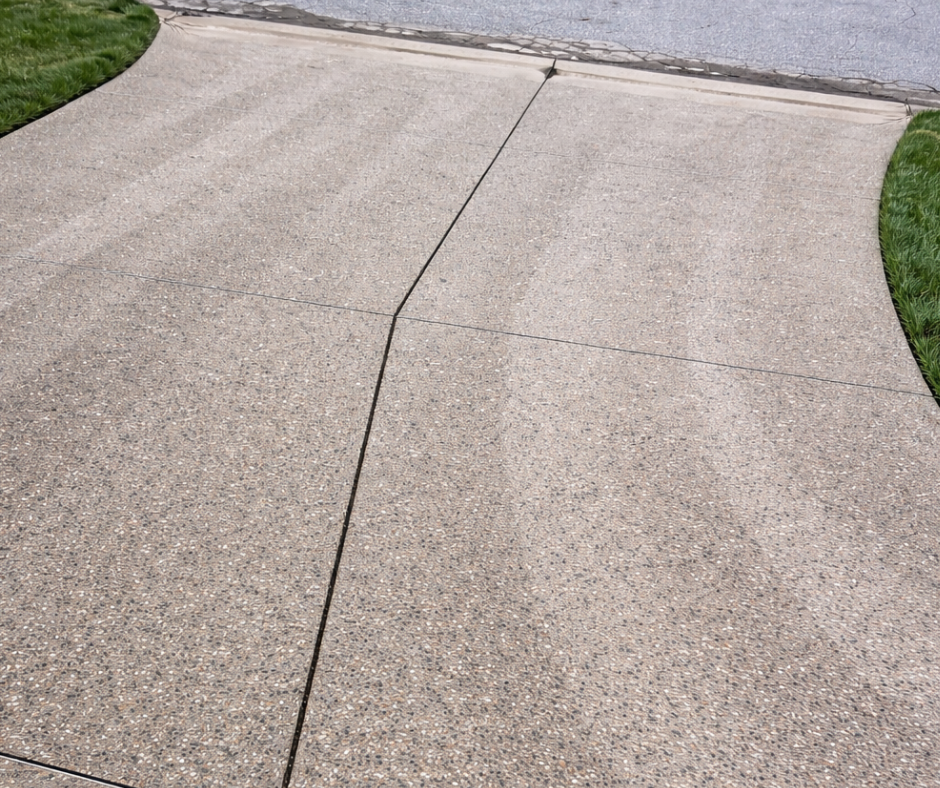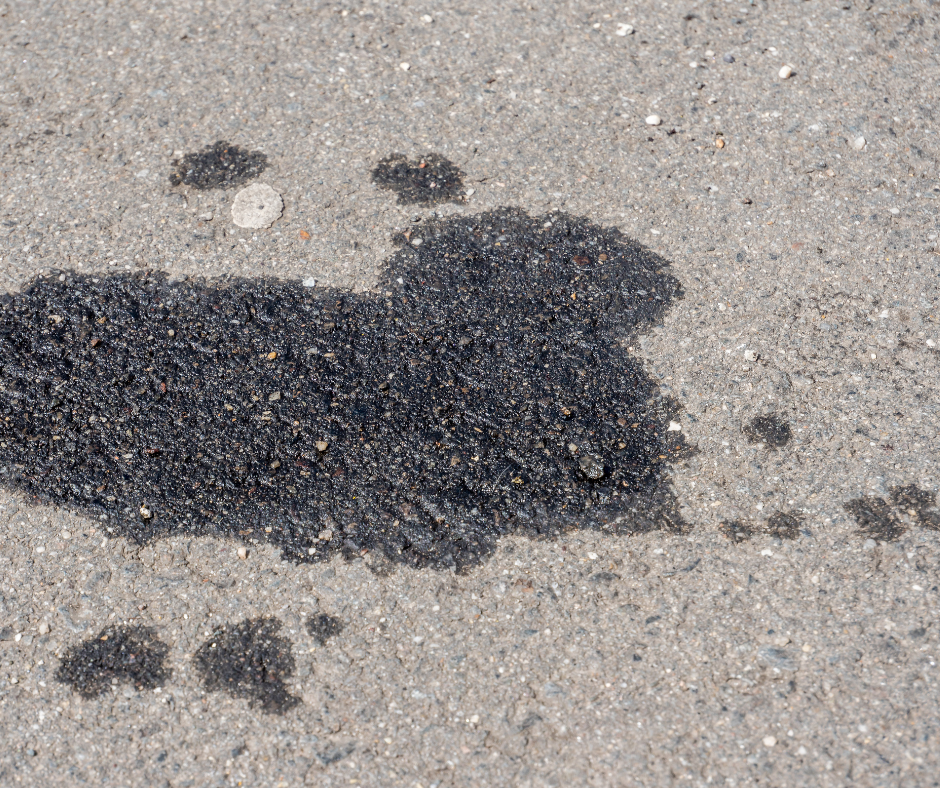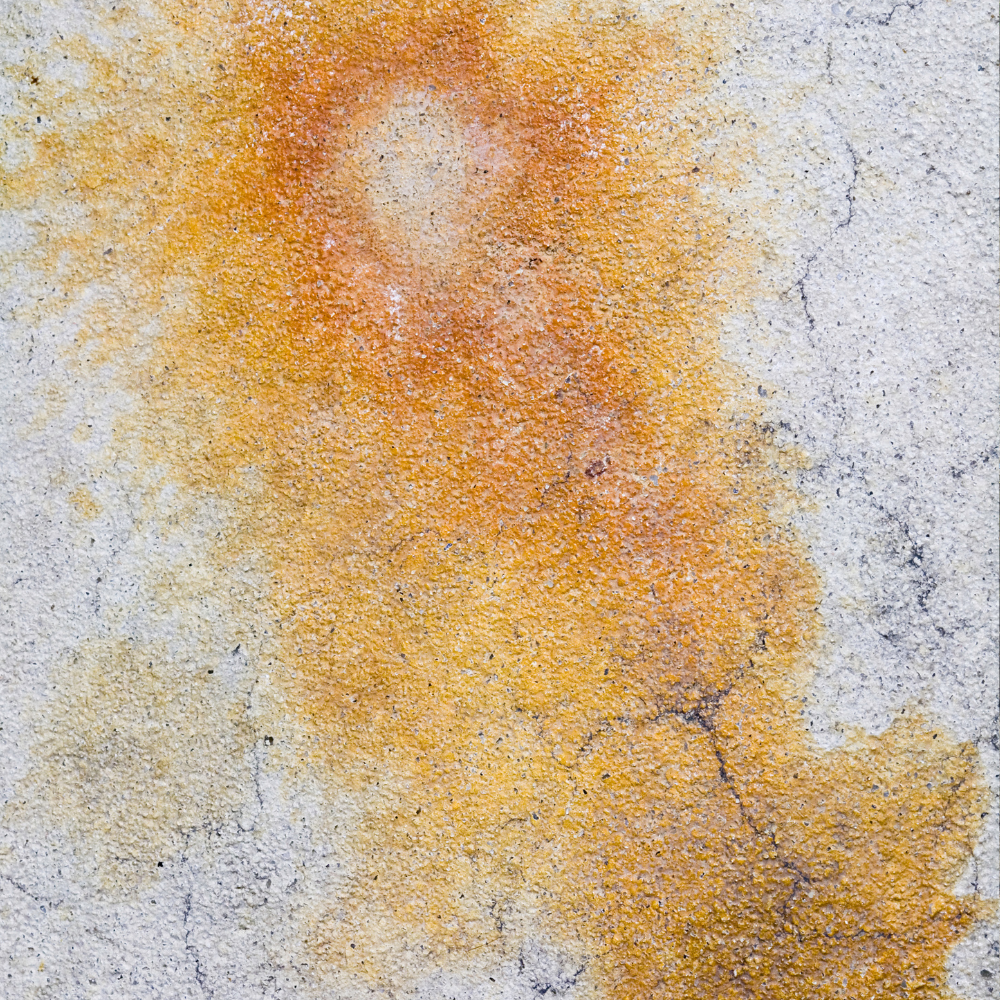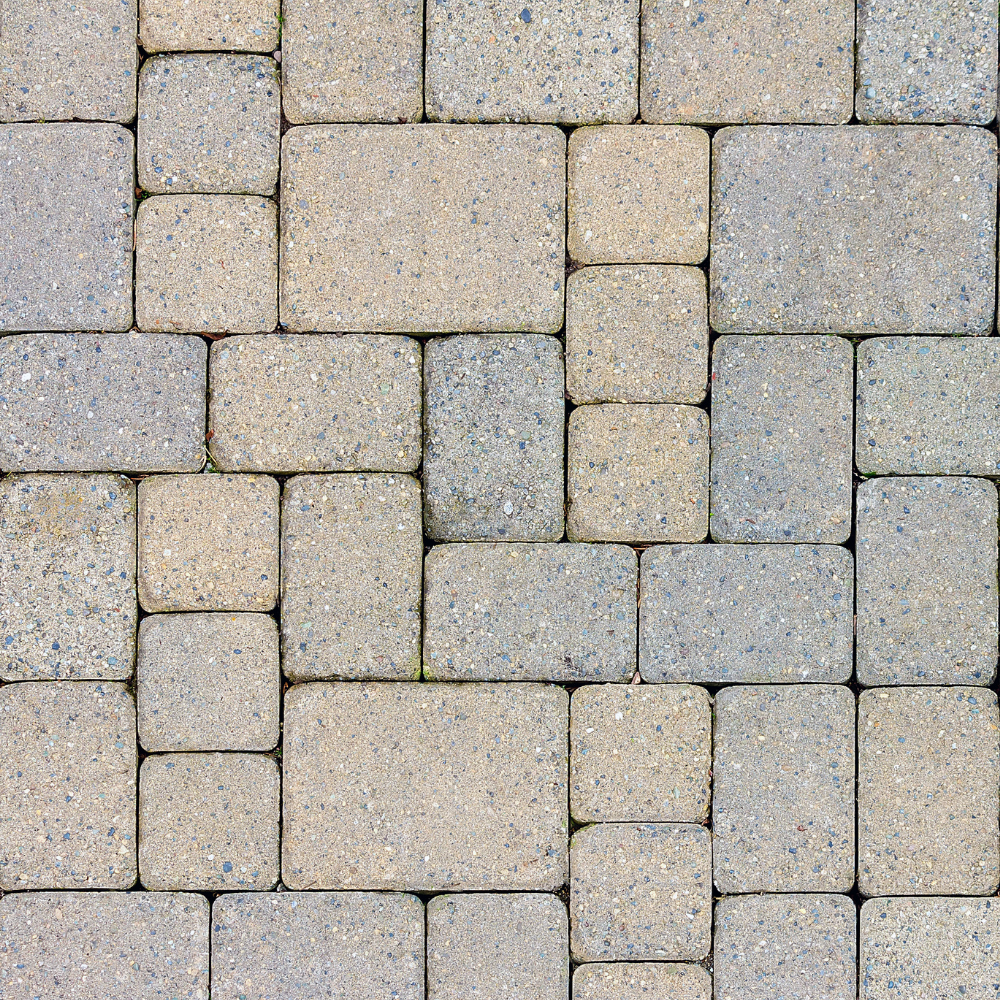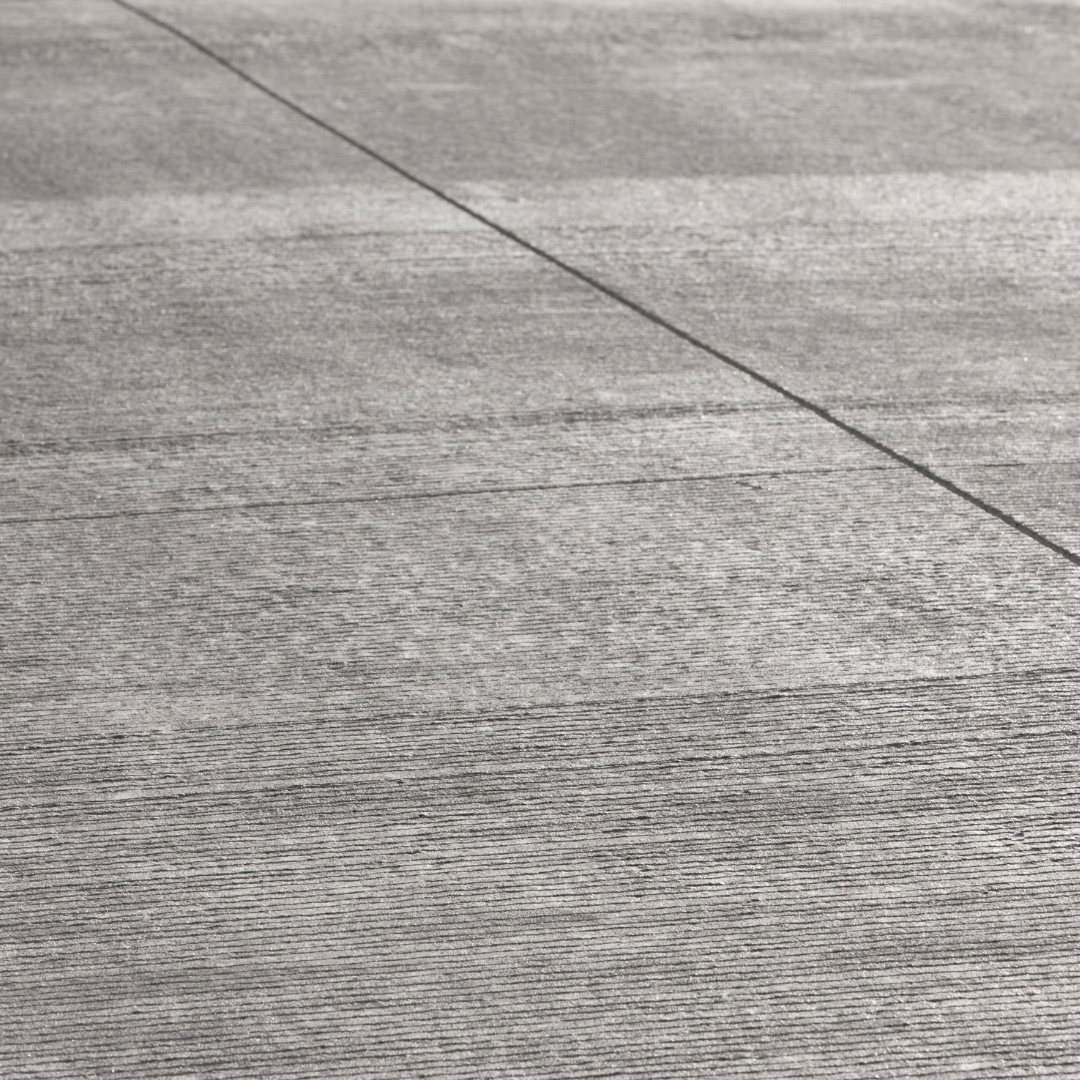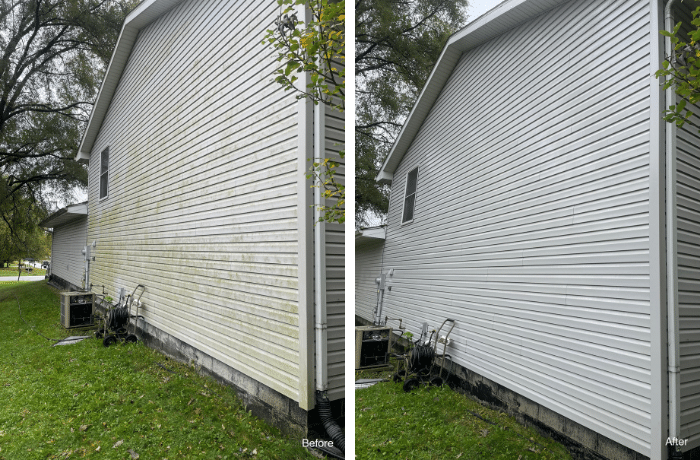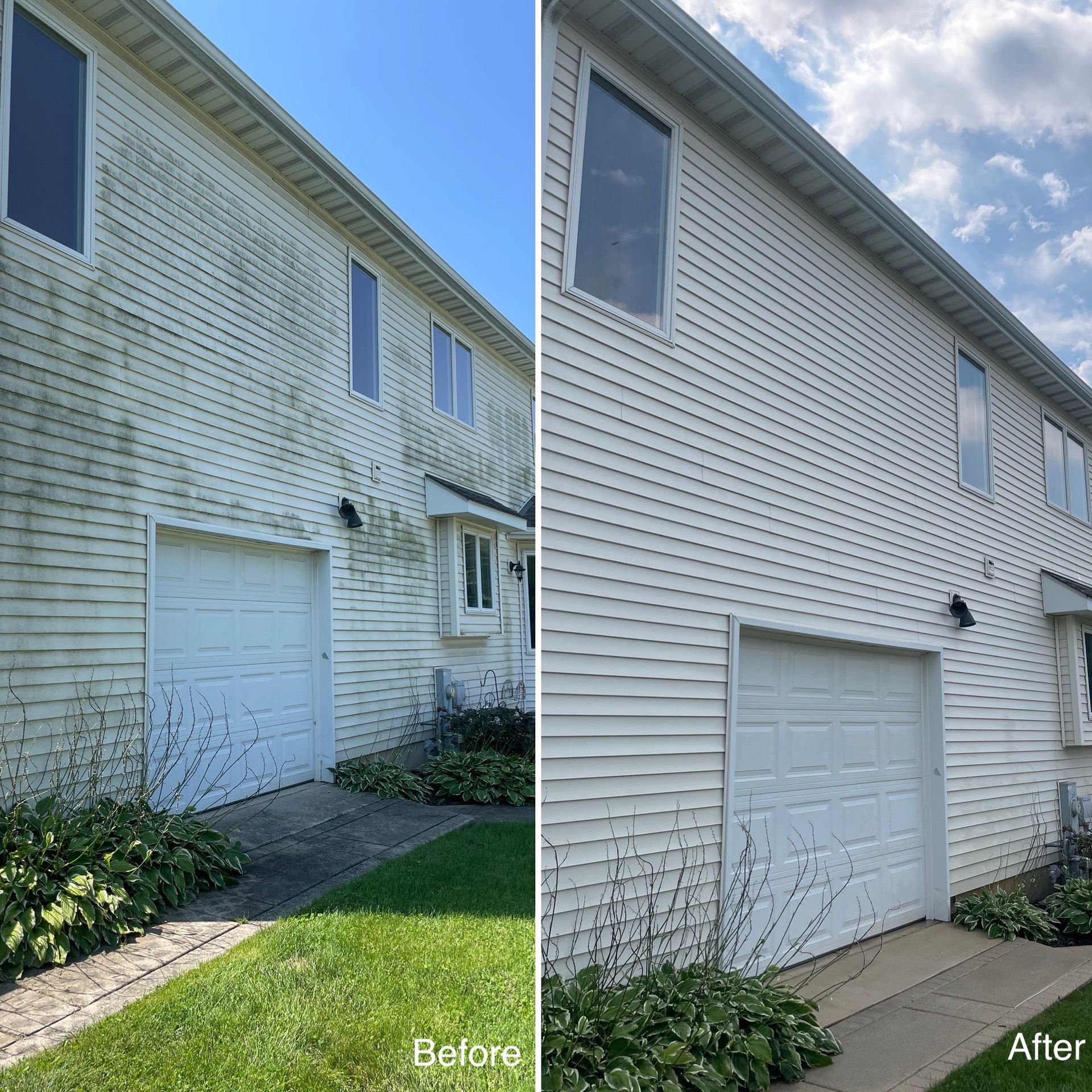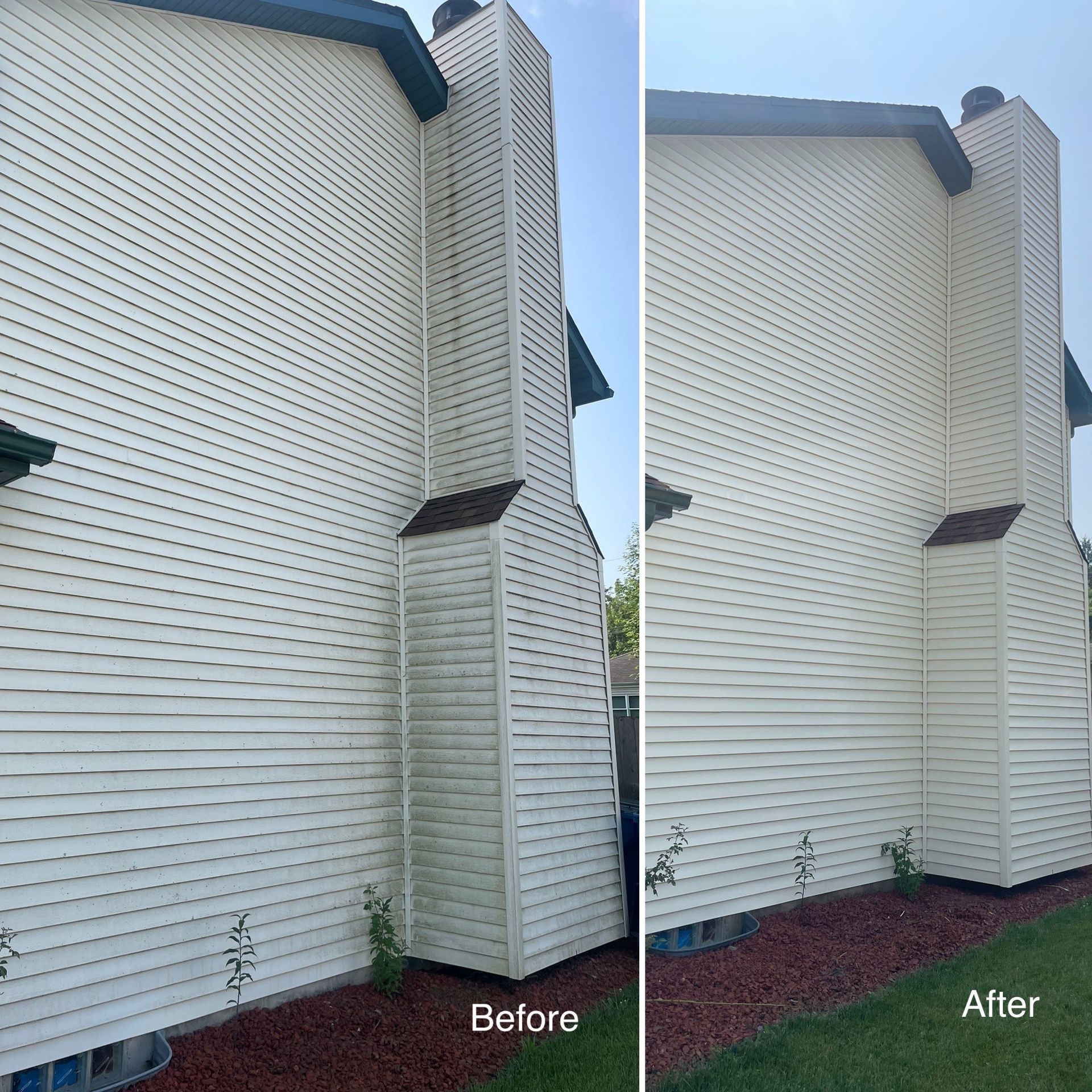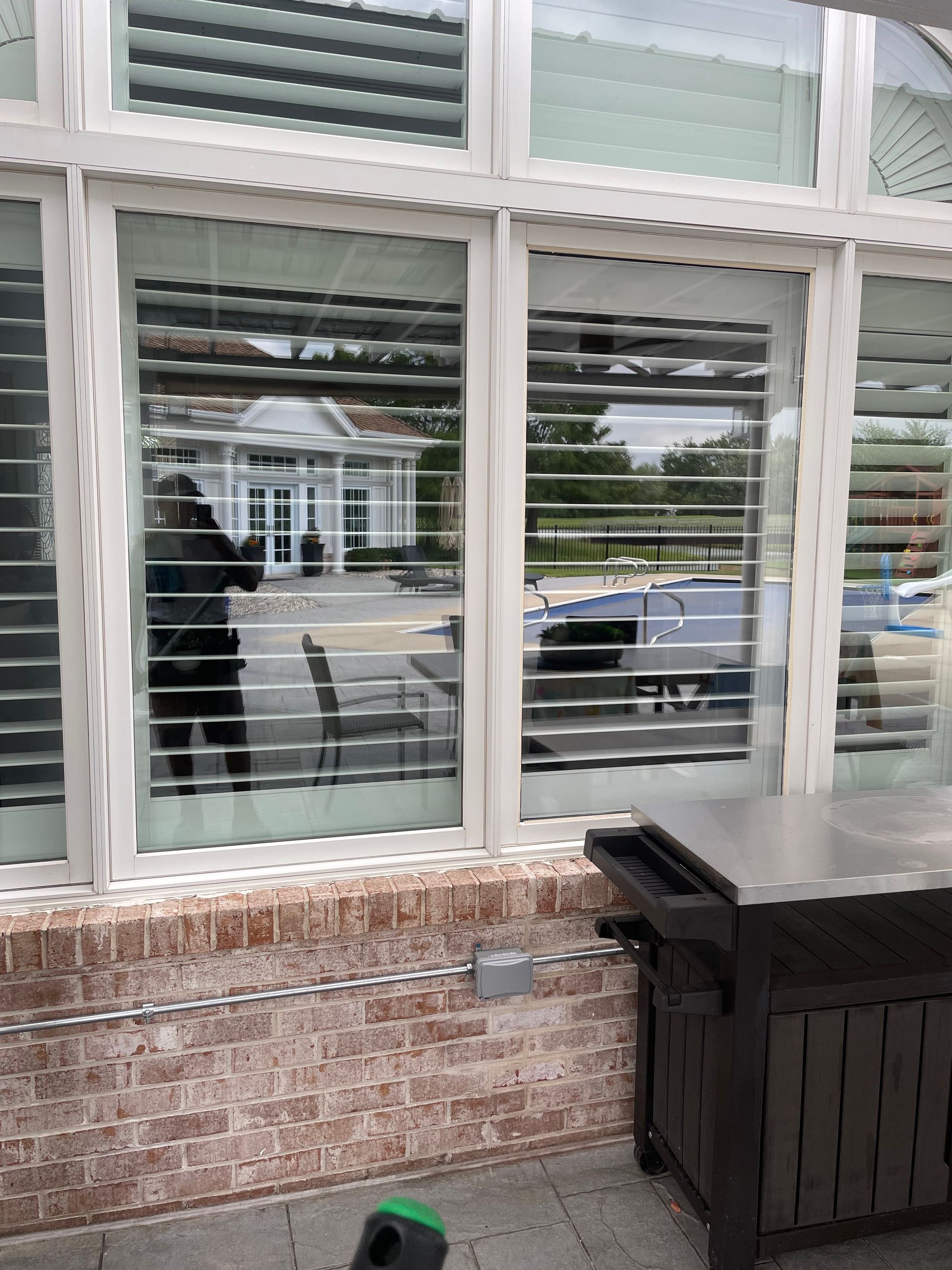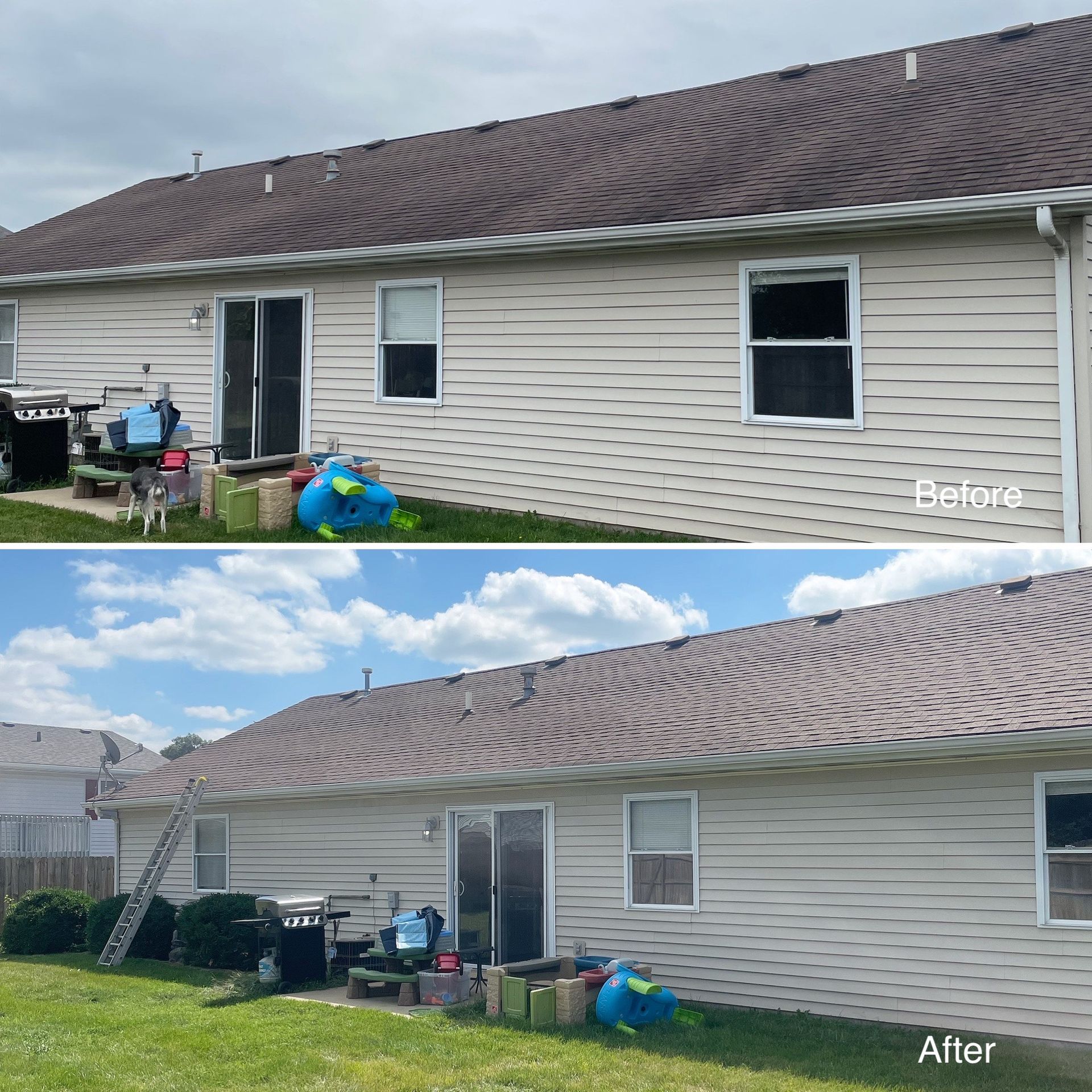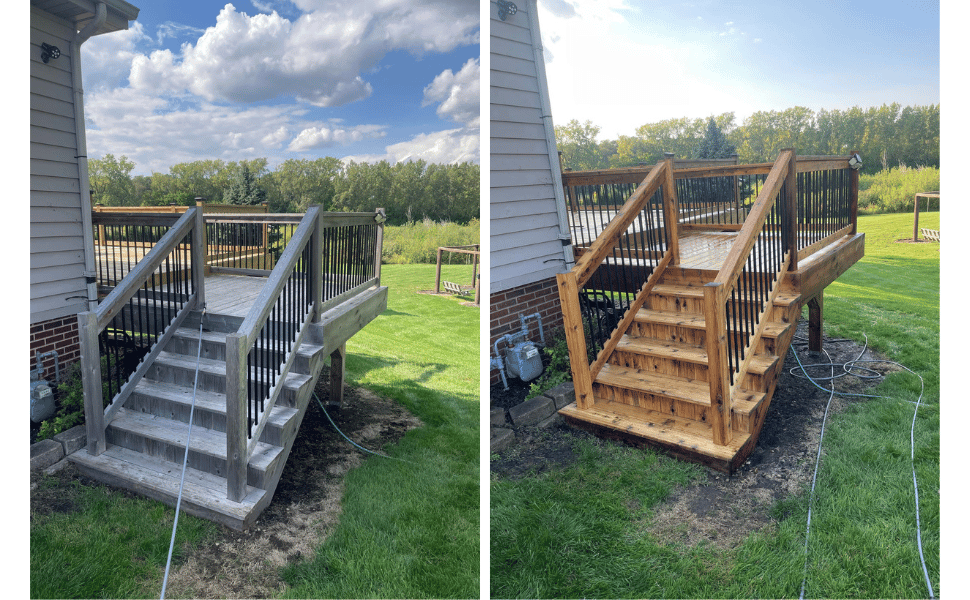How Pressure Washing & Soft Washing Can Help With Allergies
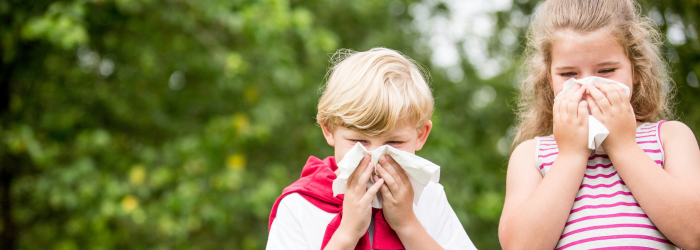
- How Pressure Washing Can Help With Allergies
Allergies can significantly disrupt daily life, causing sneezing, watery eyes, and even respiratory issues. While we often think of indoor allergens like dust or pet dander, outdoor spaces can harbor triggers like mold, mildew, and pollen. Enter pressure washing—a highly effective solution to combat environmental allergens and create a healthier living environment. Click here to hire a professional.
- Understanding Allergies
Allergies occur when the immune system reacts to foreign substances known as allergens. These can include pollen, mold spores, pet dander, and more.
- Common Types of Allergies: Hay fever, mold allergies, and asthma-related conditions.
- Seasonal vs. Year-Round Allergies: Some people experience symptoms during certain times of the year, others suffer persistently.
- Role of Environmental Allergens
Outdoor allergens are often overlooked but play a significant role in triggering allergies.
- What Are Environmental Allergens?
- These include pollen, mold, mildew, and dust that accumulate in outdoor spaces.
- How Outdoor Spaces Contribute:
- Surfaces like decks, patios, and sidewalks often trap allergens, which can become airborne and infiltrate your home.
- Pressure Washing: A Powerful Solution
Pressure washing is a cleaning technique that uses high-pressure water to remove dirt, grime, and allergens.
- How It Works:
- The high-pressure stream dislodges and washes away allergens, preventing them from settling and spreading.
Key Features:
- It’s fast, effective, and can reach hard-to-clean areas.
- Soft Washing: A Gentle Yet Effective Alternative to Pressure Washing
Soft washing is a cleaning method that uses low-pressure water combined with specialized cleaning solutions to remove dirt, mold, mildew, and other contaminants from surfaces.
- Low Pressure: Unlike pressure washing, soft washing uses minimal water pressure, making it ideal for fragile surfaces.
- Cleaning Agents: Eco-friendly detergents or biocides are often used to break down grime and kill harmful microorganisms.
- Washing Frequency
The ideal cleaning schedule depends on several factors:
- General Recommendation: Twice a year for most homes.
- Factors Affecting Frequency: Climate, proximity to trees, and specific allergy sensitivities.
Pressure washing and soft washing are invaluable tools for mitigating allergies caused by environmental allergens. From removing mold and mildew to tackling pollen buildup, it provides immediate and long-lasting relief. Embrace this simple yet powerful solution to create a healthier and more enjoyable outdoor space. Click here to hire a professional.
FAQs About Pressure Washing and Allergies
Can pressure washing help with mold allergies?
Yes, it effectively removes mold spores, reducing allergy symptoms.
How often should I pressure wash for allergy relief?
Twice a year is recommended, or more frequently in high-pollen areas.
Do I need professional services to clean outdoor allergens?
For large or complex areas, hiring a professional ensures thorough cleaning.
Can pressure washing improve indoor air quality?
Indirectly, yes. Removing outdoor allergens prevents them from entering your home.
